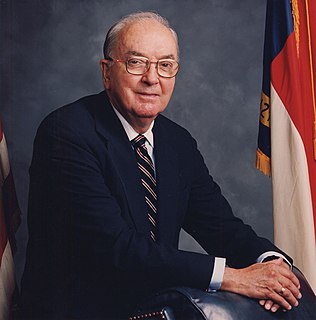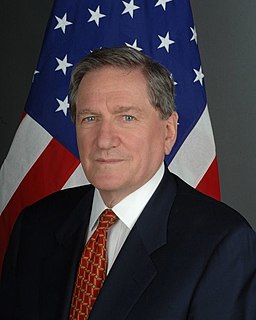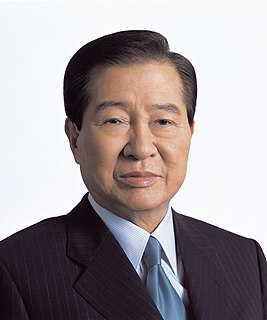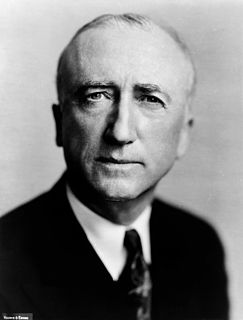A Quote by Jesse Helms
It may surprise people to know that I advocate the reform of the United Nations, not its abolishment.
Related Quotes
Everybody knows that the United Nations is not the Secretary-General; he has an important position, but the United Nations is the states within this organization, and to be frank, most of the people say only the five permanent members; this is the United Nations because they have the veto, they can do whatever they want and they can refuse whatever they want, and if there's a reform that is very much needed for this organization.
There are many who criticise the United Nations. And those of us who know this institution well know that it is not immune from criticism. But those who argue against the United Nations advance no credible argument as to what should replace it. Whatever its imperfections, the United Nations represents a necessary democracy of states.
For the world to supersede the United States and for the United States to become subservient to the world, which is the United Nations in practical application, just rubs people the wrong way. Because the United Nations is nothing but a fleece organization, fleecing our money, under the guise that we owe it because we've committed so many injustices and transgressions.
The founders of the United Nations expected that member nations would behave and vote as individuals after they had weighed the merits of an issue - rather like a great, global town meeting. The emergence of blocks and the polarization of the United Nations undermine all that this organization initially valued.
The time has come for those nations that rely on the force of nuclear armaments to respectfully heed the voices of peace-loving people, not least the atomic bomb survivors, to strive in good faith for nuclear disarmament and non-proliferation, and to advance towards the complete abolishment of all such weapons.
It is a sad but undeniable reality that people have died in the line of duty since the earliest days of the United Nations. The first was Ole Bakke, a Norwegian member of the United Nations guard detachment, shot and killed in Palestine in 1948. The toll since then has included colleagues at all levels.
The United Nations exists not merely to preserve the peace but also to make change - even radical change - possible without violent upheaval. The United Nations has no vested interest in the status quo. It seeks a more secure world, a better world, a world of progress for all peoples. In the dynamic world society which is the objective of the United Nations, all peoples must have equality and equal rights.

































